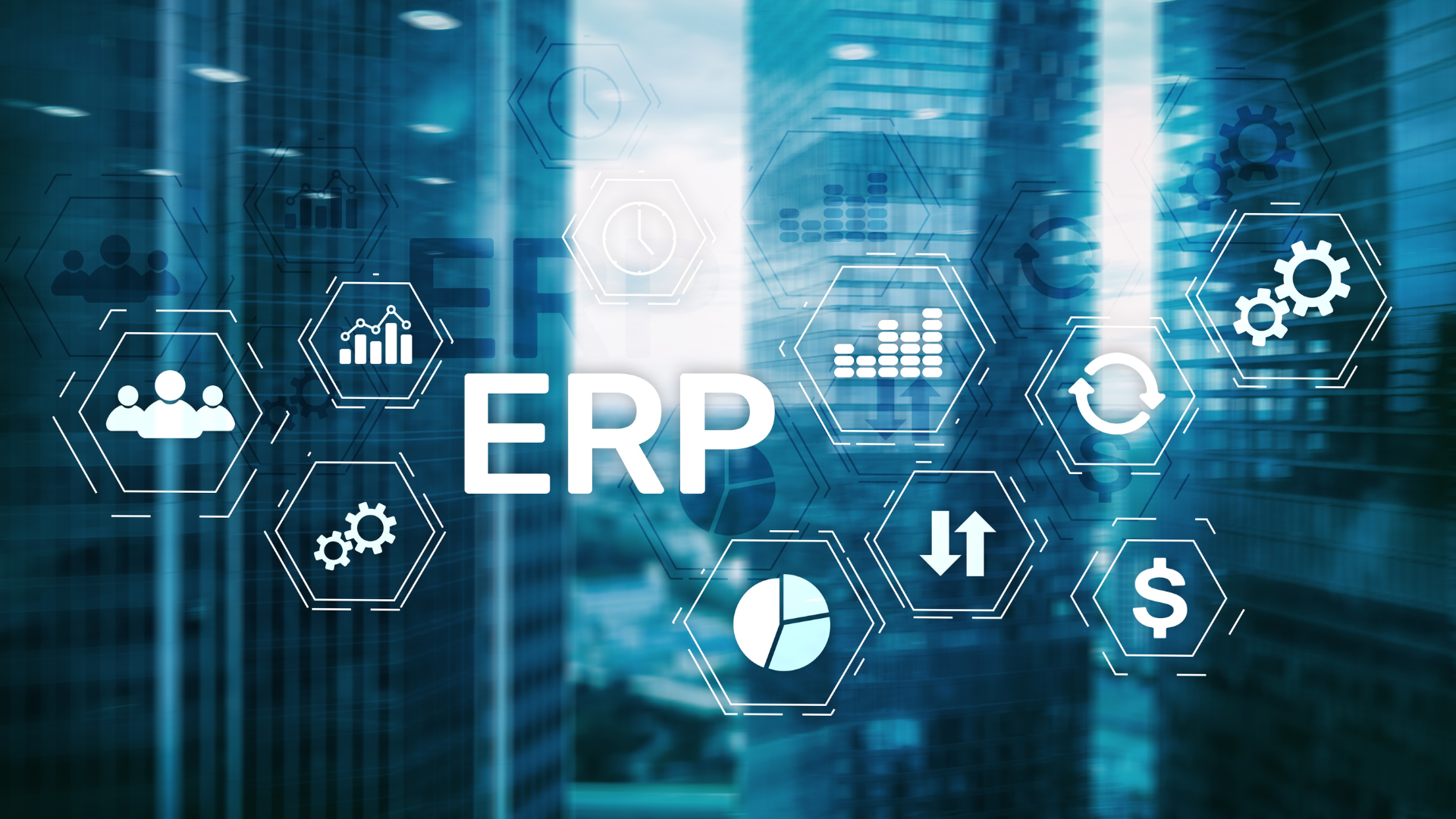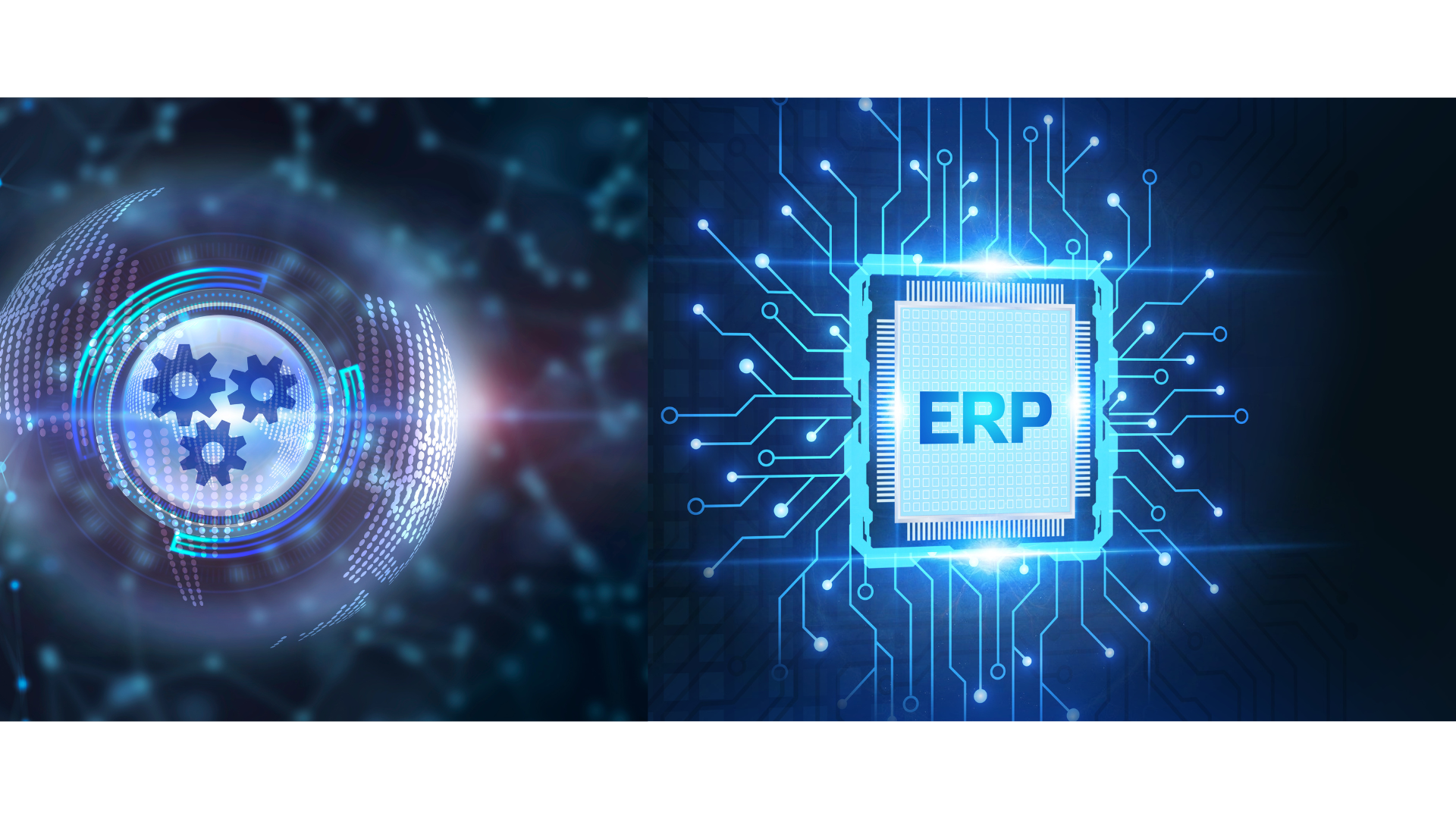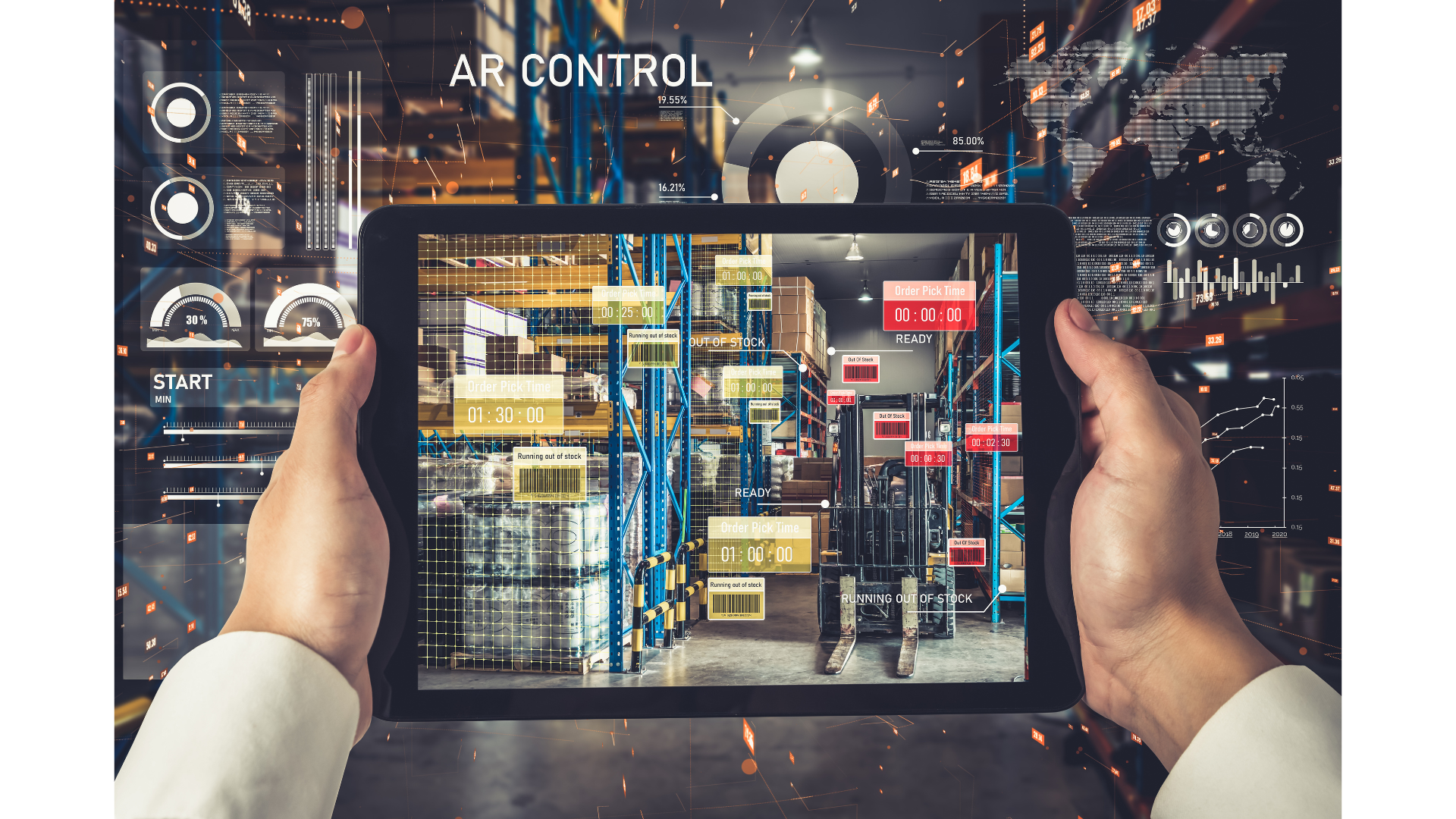In today’s fast-paced manufacturing landscape, staying competitive requires efficient processes, accurate data management, and seamless operations. To achieve this, many manufacturing businesses turn to specialized software systems, such as Manufacturing Execution Systems (MES) and Enterprise Resource Planning (ERP) systems.
But how do you decide which one is right for your organization? In this comprehensive guide, we’ll delve into the MES vs. ERP debate, providing you with the insights, tips, and advice you need to make an informed decision.
Understanding the Distinctions Between MES and ERP
The Distinctions Between MES and ERP are fundamental to making an informed decision. Before diving into the comparison, let’s clarify each of these systems:
Manufacturing Execution System (MES):
MES is a software solution designed to manage and optimize manufacturing and production operations both on the shop and factory floor.
It focuses on real-time data collection, process monitoring, and resource allocation. MES systems are highly specialized and help manufacturers improve production efficiency, quality control, and traceability.
Enterprise Resource Planning (ERP) System:
ERP software is a comprehensive business management software that integrates various functions across an organization, including manufacturing, finance, HR, and supply chain management. While ERP systems often include manufacturing modules, their primary purpose is to facilitate overall business operations, data sharing, and decision-making.
The Complementary Roles of MES and ERP
It’s important to recognize the Complementary Roles of MES and ERP in a manufacturing setup. While MES focuses on the granular details of manufacturing processes, ERP provides a macro view of the organization’s overall operations.
The synergy of these two systems can lead to a more comprehensive and efficient operational framework when properly aligned.
Achieving Synergy Between MES and ERP Systems
Synergy Between MES and ERP Systems is achievable when both systems are integrated to complement each other’s strengths. MES can feed detailed manufacturing process data into the ERP system, which in turn can provide broader business insights to inform manufacturing decisions.
This integration enhances overall operational visibility and efficiency of early manufacturing systems.
Overcoming Challenges in MES and ERP Integration
However, ‘Challenges in MES and ERP Integration’ can arise, including technical compatibility issues and data synchronization complexities.
Addressing these challenges requires a strategic approach to ensure seamless data flow and system interoperability, enhancing both the manufacturing execution systems and business processes.
Future-proofing Your Manufacturing Systems
Future-proofing Manufacturing Systems involves selecting MES and ERP software solutions that can adapt to evolving technological advancements and changing market demands.
This foresight ensures that manufacturing operations remain efficient and competitive in the long term.
Strategies for Optimal MES and ERP Integration
Adopting ‘Optimal MES and ERP Integration Strategies’ is crucial for maximizing the benefits of both systems.
This includes selecting compatible systems, ensuring seamless data exchange, and regularly updating both systems to leverage the latest technological advancements.
Choosing the Right MES vs. ERP
When Choosing the Right MES vs. ERP, consider the specific needs of your manufacturing operations. If the focus is on enhancing shop floor efficiency and production control, MES may be more suitable.
Conversely, if the goal is to integrate all business processes into a single system, Enterprise Resource Planning could be the better choice.
MES vs. ERP: Key Differences
Now, let’s explore the crucial distinctions between MES and ERP systems:
Scope of Functionality
MES: MES systems are utilized to efficiently drive manufacturing and automate key business processes throughout.
These systems excel at managing tasks such as production scheduling, quality control, equipment maintenance, and inventory tracking on the shop floor.
MES is ideal for companies looking to optimize their manufacturing operations without overhauling their entire business infrastructure.
ERP: ERP systems are all-encompassing, yet primarily focus on finance, HR, procurement, and other business and manufacturing operations.
They provide a holistic view of the organization and enable seamless data sharing between departments.
ERPs are suitable for businesses seeking end-to-end integration and data visibility across their entire operations, but their manufacturing benefits can be limited.
Real-Time vs. Holistic Data
MES: MES emphasizes real-time data collection and analysis throughout production cycle, making it ideal for manufacturers that require immediate insights into their production line performance.
It enables quick responses to issues on the shop floor and enhances production agility.
ERP: ERP systems offer a broader perspective on production execution by consolidating data from various departments. While they can provide real-time data, they may not match the speed and granularity of MES in managing manufacturing-specific processes.
Customization and Scalability
MES: MES systems are highly customizable to meet specific, manufacturing equipment needs. They can be tailored to unique production processes and industries. However, this specialization can limit scalability outside of manufacturing.
ERP: ERPs offer scalability across the entire organization, accommodating multiple key business processes and functions. Customization of the production process is possible, but it may require more effort and cost compared to MES, given the broader scope.
Cost Considerations
MES: MES implementation costs are often lower than ERP systems, as they focus on a single aspect of the business. However, long-term costs of MES system can rise if you require additional integration with other systems or departments.
ERP: ERPs generally come with higher upfront costs due to their extensive functionality. However, they may yield cost savings by streamlining operations and reducing the need for multiple standalone systems.
Choosing the Right System: Practical Tips
Now that you have a clearer understanding of MES and ERP systems, here are some practical tips to help you make the right choice for your manufacturing business:
1. Define Your Objectives
Clearly outline your business goals and what you aim to achieve with a software solution. Are you primarily focused on optimizing manufacturing processes, or do you need a holistic business management system?
2. Assess Your Current State
Evaluate your existing systems and processes. Identify pain points, bottlenecks, and areas that need improvement. This assessment will help you pinpoint which areas a new system should address.
3. Consider Integration Needs
Determine how critical it is for your manufacturing system to integrate with other departments, such as finance, sales, or procurement. If seamless data sharing is a priority, an ERP may be the better choice.
4. Budget Wisely
Assess your budget and long-term cost considerations. MES systems may appear cost-effective initially, but factor in potential future expansion and integration costs.
5. Evaluate Industry-Specific Requirements
Some industries have unique compliance or traceability requirements. Ensure that the chosen system can meet these industry-specific needs.
6. Involve Key Stakeholders
Engage with customer relationship management and team members from various departments to gather their input and requirements. Involving key stakeholders ensures that the selected system aligns with their needs and expectations.
7. Vendor Selection
Thoroughly research and select a reputable vendor with a track record of successful implementations in your industry. Ask for references and case studies to validate their expertise
Conclusion
The choice between MES and modern ERP systems depends on your specific manufacturing goals, existing infrastructure, and budget considerations.
Both systems have their unique advantages and can significantly enhance operational efficiency and decision-making. The right choice will empower your manufacturing business to excel in today’s competitive market.
As you navigate the MES vs. ERP decision for your manufacturing business, remember that the right system will align with your specific needs and goals. For expert guidance and tailored solutions, visit Seabrook Global. Our team of specialists is ready to help you make the most informed decision for your manufacturing success.








Recent Comments